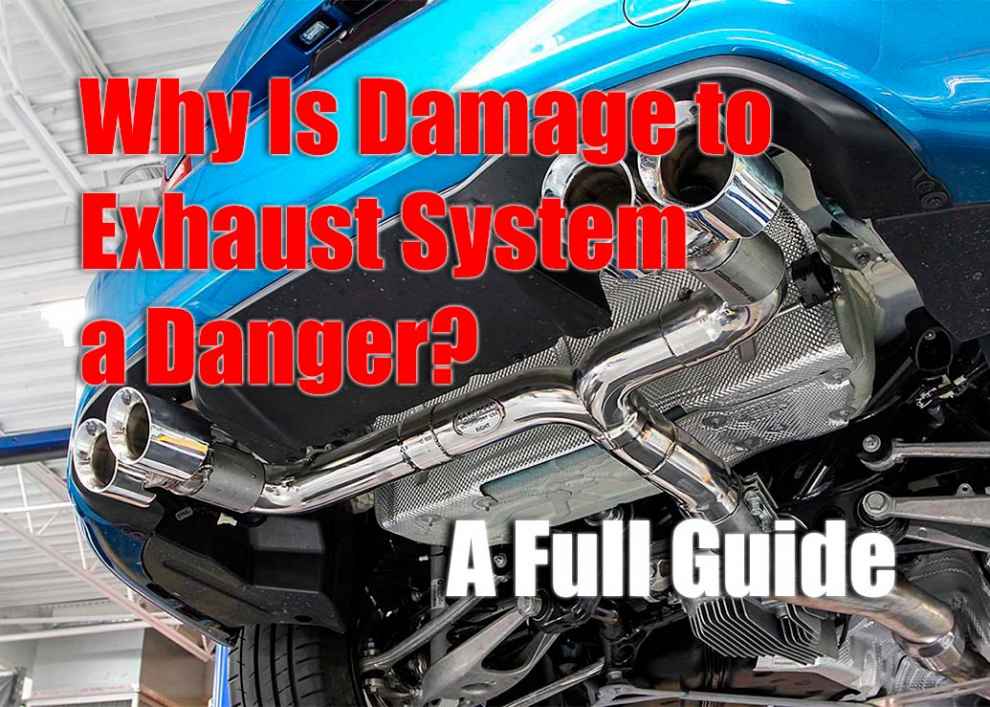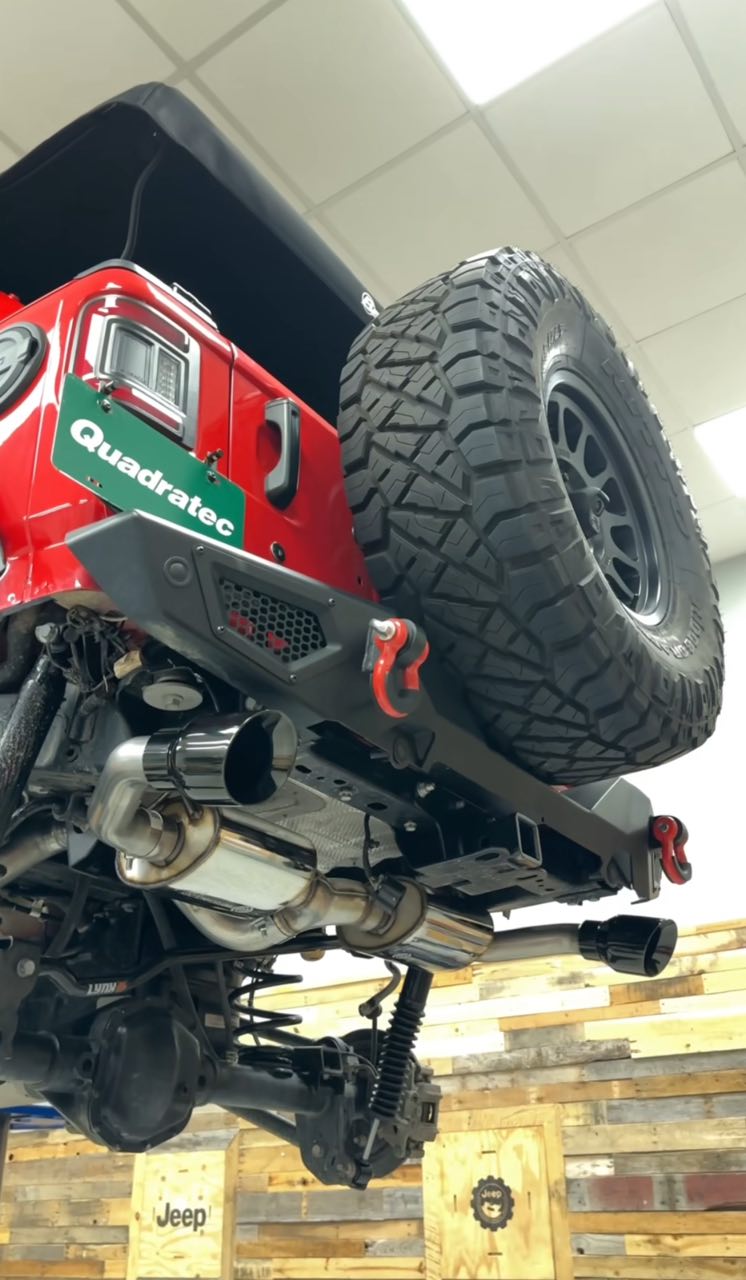The exhaust system is crucial for a vehicle’s performance and safety, directing dangerous gases away from both the engine and those inside the car. However, when this system is damaged, it can lead to a host of problems, some of which pose direct dangers to the vehicle’s occupants and the environment. Understanding why damage to the exhaust system is hazardous is crucial for every driver. This guide aims to illuminate the various risks associated with a compromised exhaust system, ranging from health risks due to toxic fume exposure to environmental pollution and decreased vehicle performance. We’ll also explore practical steps for maintenance and prevention, ensuring your driving experience remains safe and efficient.
Health Risks from Exhaust Fumes
Exposure to exhaust fumes is one of the most immediate dangers of a damaged exhaust system. These emissions contain various toxic gases, such as carbon monoxide, an invisible and undetectable gas that poses deadly risks in confined areas. Prolonged exposure to exhaust gases can lead to serious health issues, including issues with breathing, cardiovascular diseases, and potential harm to the nervous system. When the exhaust system is compromised, there’s a higher risk of these fumes entering the vehicle’s cabin, posing a direct threat to the health and safety of its occupants.
 Impact on Vehicle Performance and Fuel Efficiency
Impact on Vehicle Performance and Fuel Efficiency
A damaged exhaust system can significantly affect a vehicle’s performance and fuel efficiency. The design of the exhaust system aims to efficiently remove gases, enabling the engine to function more optimally by improving its ability to intake air. Damage to this system can lead to backpressure, which is detrimental to engine performance, resulting in decreased power and acceleration. Additionally, a compromised exhaust system can cause the engine to consume more fuel to maintain the same level of performance, leading to increased fuel costs and higher emissions.
Safety Hazards of a Compromised Exhaust System
The integrity of the exhaust system is integral to vehicle safety. Damage to the system can lead to dangerous leaks, where hot exhaust gases escape from points they shouldn’t. This not only increases the risk of toxic fumes entering the passenger compartment but also poses a fire hazard, especially if these hot gases come into contact with flammable materials. Furthermore, a damaged exhaust system can result in excessive noise, potentially distracting the driver and others on the road, which could lead to accidents.
Preventive Measures and Regular Maintenance Tips
Maintaining the health of your exhaust system is essential for ensuring the safety and longevity of your vehicle. Routine checks are crucial, search for indications of corrosion, perforations, or detached components. Listening for changes in the exhaust sound can also indicate leaks or damage. Ensuring your vehicle undergoes routine maintenance, including exhaust system checks, can prevent minor issues from escalating into major hazards. Additionally, immediate attention to any exhaust system warning lights or messages can help catch problems early, reducing the risk of more severe consequences.
Conclusion
Damage to the exhaust system is not just a minor inconvenience; it poses significant health, safety, and environmental risks. From the dangers of toxic fume exposure to the impact on vehicle performance and the environment, the consequences of neglecting exhaust system health are far-reaching. By understanding these risks and adhering to regular maintenance schedules, vehicle owners can ensure their safety on the road, protect their investment, and contribute to environmental preservation. Remember, the well-being of your vehicle directly influences your safety and the safety of others; never overlook the importance of exhaust system maintenance.

 Impact on Vehicle Performance and Fuel Efficiency
Impact on Vehicle Performance and Fuel Efficiency
Add Comment